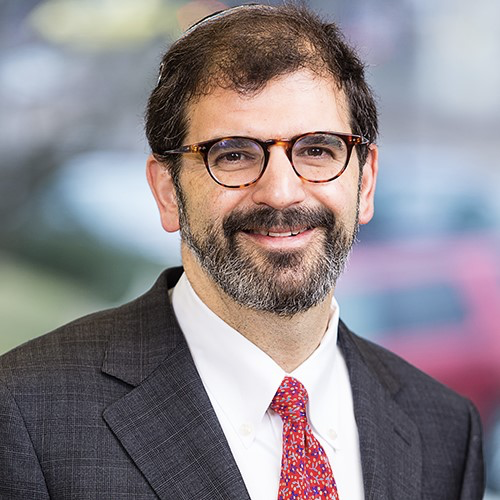Question: I’ve always wondered if tomatoes are supposed to be considered as from the vine, ground or tree. What blessing are we supposed to make on eating them?
— Nicholas
Dear Nicholas,
As you probably know, Jews recite blessings before eating and drinking, and which blessing is recited depends on where the food grows. Over vegetables that grow in the earth, we recite the blessing borei p’ri ha’adamah (“who creates the fruit of the ground.”) Over tree fruits, the blessing is borei p’ri ha’etz (“who creates the fruit of the tree”). And on wine and grape juice, we say borei p’ri hagefen (“who creates the fruit of the vine.”)
Tomatoes do grow on vines, but they are not perennials, meaning the vines die every year. In the eyes of Jewish law then, tomatoes are considered a shrub growing in the ground and so we recite the blessing for vegetables. Grape vines are woody perennials, and so the blessing on grapes is the one recited for tree fruits like apples and pears (unless the grapes are made into wine or juice). Even though scientists do classify tomatoes as fruit, the blessing is determined by how it grows — not on whether or not it has seeds.

Help us keep Jewish knowledge accessible to millions of people around the world.
Your donation to My Jewish Learning fuels endless journeys of Jewish discovery. With your help, My Jewish Learning can continue to provide nonstop opportunities for learning, connection and growth.
Interestingly, it’s not just Jewish law that regards tomatoes as a vegetable. In 1893, the U.S. Supreme Court made the same determination, though its decision applies only for the purpose of tariffs. But if you’re planning on eating the tomato (as opposed shipping it overseas), borei p’ri ha’adamah is the blessing to recite.

Rabbi Asher Lopatin is the spiritual leader of Kehillat Etz Chaim in Detroit, Michigan.



